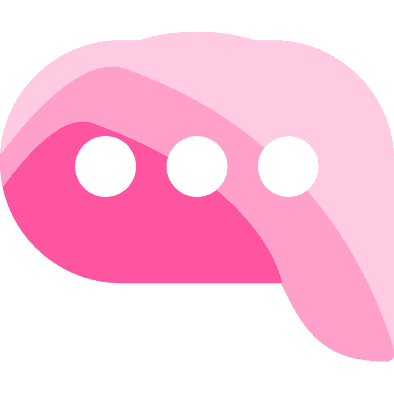
We've all been there before. It feels like you're struggling to push a boulder that gravity keeps weighing down. Progress never happens fast enough and you start to wonder if you're ever going to achieve your goal.
What is the relationship between progress and goals?
The goal should be where you want to go, and progress should be the daily GPS that eventually guides you there. When you're using a GPS, you trust that the directions are correct, even if you can't see your final destination yet.
When you are fixated on your goal instead of the progress, you might wander off path. You start to look for shortcuts, only to hit dead ends. The reality is that sometimes progress needs to be roundabout or a sharp curve, in order to reach your goal.
I feel like my GPS is not very efficient
Maybe your internal GPS always has you doubling back every time you make a new turn. You're starting to realize that your progress could be a lot better, but you're not sure how or why. This is where a lot of people turn to:
Coaches
Therapists
Professional advice
Then, one of two things usually happens:
Everyone keeps telling you to "just do X!", but for some reason you feel like you just can't
You are able to do X, but it doesn't seem to stick long term, so you end up with the same faulty GPS
Why does this happen?
Knowing something and feeling something are different types of understanding. Let's take a common example of someone trying to lose weight. Everyone tells them "just eat less calories!" Maybe this person is successful temporarily in doing so, or maybe is unsuccessful in even starting. Either way, this advice of "just eat less!" simply doesn't work for them.
Instead, they need to feel like they are eating too much and want to eat less. If they feel like they are being starved, they are not going to be able to "just eat less". Even if they are informed in the number of calories they have eaten and the number of calories they require, this knowing and feeling are different types of understanding.
Another example
Let's say someone is trying to learn a dance. The instructor tells them "shift your weight more on your left leg, lift the right arm, and tilt the head!" Maybe this person is able to follow some of those instructions. It still feels awkward, like one's brain is short-circuiting. Knowing the instructions is not enough for someone to simply do it.
However, let's say there is a mirror available and the instructor gives less steps. Instead, the instructor demonstrates the movements slowly and allows the student to attempt to imitate it. The student can see themselves in the mirror, and feel which part is awkward. By feeling the movement, the student will naturally correct it.
So what does this all have to do with my progress?
When you're troubleshooting your progress, it's tempting to look for external solutions. The reality is that only you can feel out your own solutions. People can tell you logical information, but it is strictly different from your own intuitive understanding of that same information.
In order to develop your own observation and awareness skills, it helps to talk-out-loud about your process. Try using Brainstory to think about your current goal. By reflecting aloud, you can observe your own thinking and challenge your thoughts with more ease. In the long run, this will make your internal GPS more efficient at getting you where you want to go.








